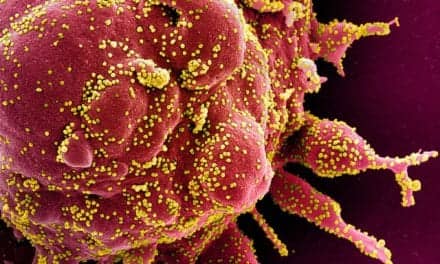The American Lung Association, Northwestern Medicine, and University of Illinois Hospital are now enrolling young adults in a millennial lung study. The American Lung Association Lung Health Cohort will track 4,000 young adults (aged 25-35) at the age of peak lung health for five years to evaluate how their environment, lifestyle, and physical activity habits affect respiratory health.
During the five-year tracking period, researchers will document measures of lung function, respiratory symptoms, and socioeconomic factors of participants, such as residence location, work location, occupation, health behaviors, fitness, biomarkers and chest imaging. The study will use low-dose chest CT scans to track any signs of early or intermediate lung injury or abnormalities, which clinicians can use to build a library of lung images in various stages of health and disease.
The millennial lung study aims to “[paint] a clear picture of lung health across geography and demography,” according to the ALA.
“Historically, lung health has been studied only after the appearance of chronic lung disease. Little has been done, however, to understand the evolution of respiratory disease and determine how a young, healthy adult’s lung function declines over time,” said Ravi Kalhan, MD, MS, Northwestern Medicine Pulmonologist and Lung Health Cohort Principal Investigator. “The Lung Health Cohort Study promises to be among the most innovative and significant longitudinal studies conducted to date. We hope to learn about how chronic lung diseases evolve, so scientists can propose new interception and prevention strategies that may effectively reduce the physical, emotional, financial and social burden of chronic lung disease. We also hope to determine whether air pollution, inhalants like marijuana and e-cigarettes, COVID-19 and other outside factors correlate with lower lung function.”
The American Lung Association’s Airways Clinical Research Centers (ACRC) Network will conduct the research working closely with researchers at Northwestern Medicine, Johns Hopkins Hospital, Brigham and Women’s Hospital, University of Michigan, University of Alabama-Birmingham, Beth Israel Deaconess Medical Center and all of the ACRC centers.
Recruitment efforts have already begun in Chicago and will begin soon at 39 additional recruitment sites at top institutions across the country. The scientists will leverage the national infrastructure of the American Lung Association’s Airways Clinical Research Centers, the largest national non-profit clinical network dedicated to asthma and COPD research.
Those interested in participating in the millennial lung study can sign up here.










